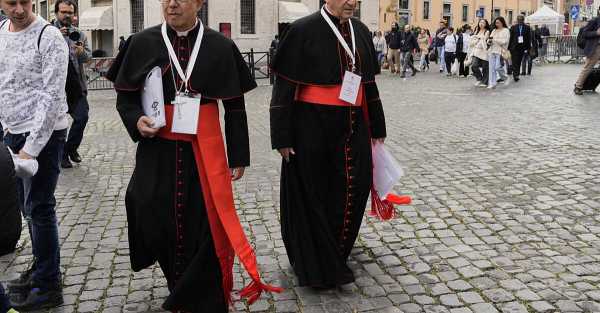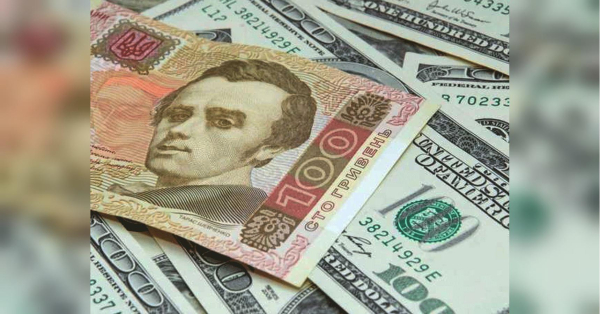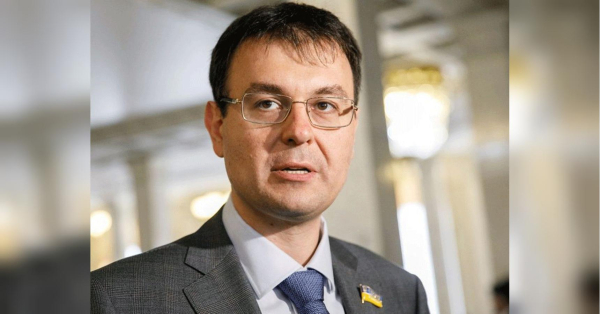
Catholic cardinals have set May 7 as the start date for a conclave to choose Pope Francis' successor, postponing the secret ballot for two days to get to know each other better and reach agreement on candidates before they are sequestered in the Sistine Chapel.
The cardinals chose the date after arriving for the first day of informal meetings following Francis' burial on Saturday.
In a heated atmosphere, reporters asked the cardinals questions about the mood within the group, the existence of unity and when the conclave would begin.
A reporter on a satirical Italian show repeatedly asked whether an Italian cardinal convicted by a Vatican court on financial charges would be allowed to vote.
“There is hope for unity,” said Argentine Cardinal Angel Sixto Rossi, the 66-year-old archbishop of Cordoba whom Francis named a cardinal in 2023.
Many cardinals stressed Francis's desire to continue his pastoral work on behalf of people on the margins of life and those who oppose war.
But conservatives within the church are likely more focused on fostering unity and returning to the core doctrines insisted on by Saints John Paul II and Benedict XVI than on continuing Francis's line on social justice and outreach to women and LGBTQ+ people.
Britain's Cardinal Vincent Nichols, the 79-year-old Archbishop of Westminster, is adamant that the Catholic Church must strive for unity and plays down differences.
“The role of the Pope is to unite us, and this is a gift given to us by God,” he said.
Venezuelan Cardinal Baltasar Enrique Porras Cardoso expressed confidence that once the conclave begins, a decision will be made quickly – “within two or three days.”
The College of Cardinals that will choose the new pope includes people from around the world whom Francis has appointed during his 12-year pontificate to bring new ideas to the church hierarchy.
Many of them had spent little time in Rome to get to know each other, creating some uncertainty in a process that requires two-thirds of voting cardinals to agree on a single candidate.
Cardinal Nichols acknowledged that the 135 cardinal electors, 108 of whom were appointed by Francis, do not know each other very well. The last 20 were appointed in early December.
“We have a whole week,” he noted when he arrived on Monday.
Only cardinals under 80 have the right to vote, and it is unclear how many of the 135 will be able to participate. A Spanish cardinal has already said he will not be able to travel to Rome for health reasons.
Much uncertainty surrounds whether Cardinal Angelo Becciu, once one of the Vatican's most powerful cardinals, will be allowed to vote.
In 2020, Francis forced him to step down as head of the Vatican's Office for the Causes of Saints and stripped him of his cardinalate over allegations of fraud and financial misconduct.
Cardinal Becciu denied all charges, but in December 2023 he appeared before the Vatican Criminal Court and was found guilty of financial charges.
He is appealing the verdict and participated in pre-conclave sessions, but the question of his right to vote remains open.
In official Vatican data he is described as “non-elected”.
When he was removed from office in 2020, he said at a hastily arranged press conference that he would not vote in future conclaves, but he has recently insisted that he has the right to vote, and canon lawyers are examining Vatican documents governing the conclave to see if he is right.
Although Francis has strengthened the ranks of his cardinals, there is no guarantee that all of them will want the church to continue to evolve in his spirit.
On Monday morning, any appearance of a red cap along the majestic colonnade of St. Peter's Square sent journalists rushing with cameras and tape recorders to capture the mood inside, even if it was a mime.
Sourse: breakingnews.ie






